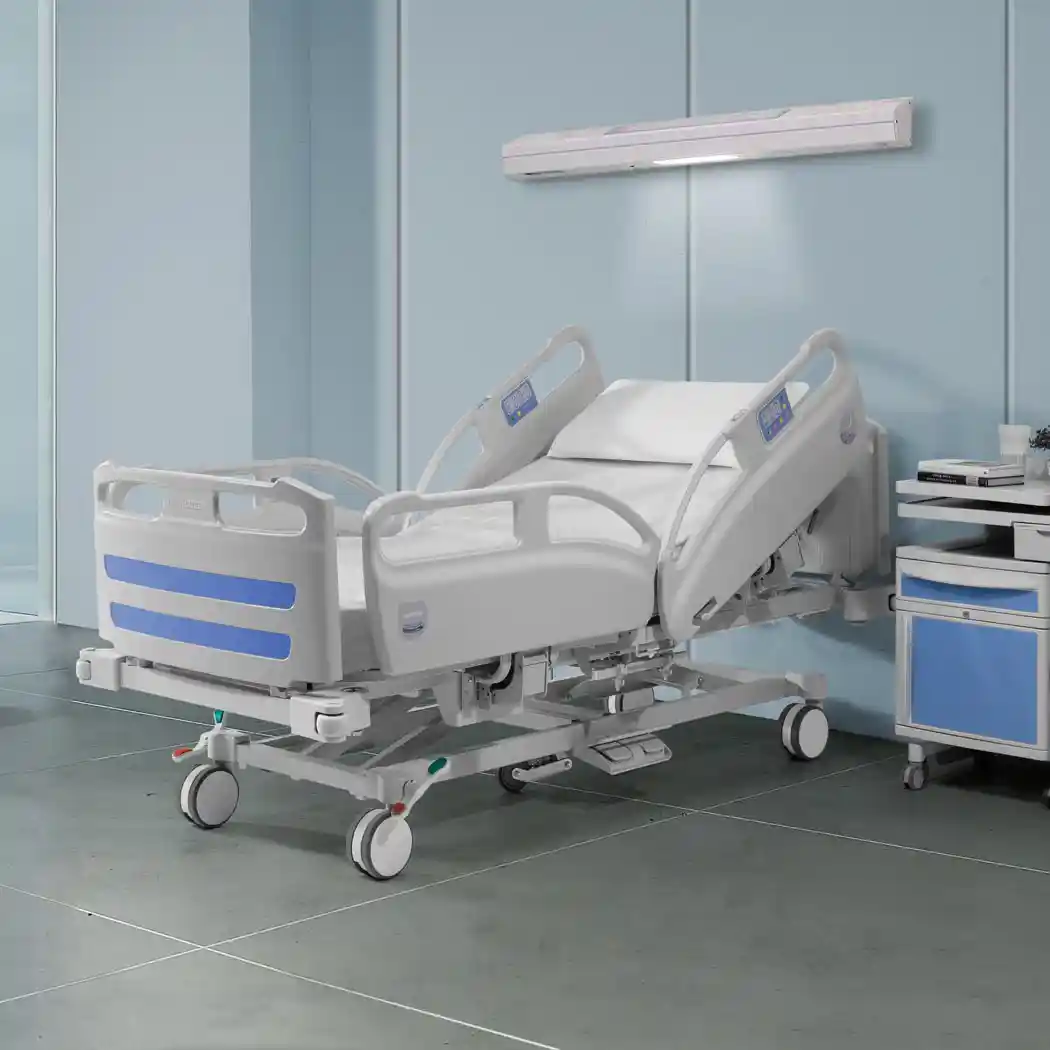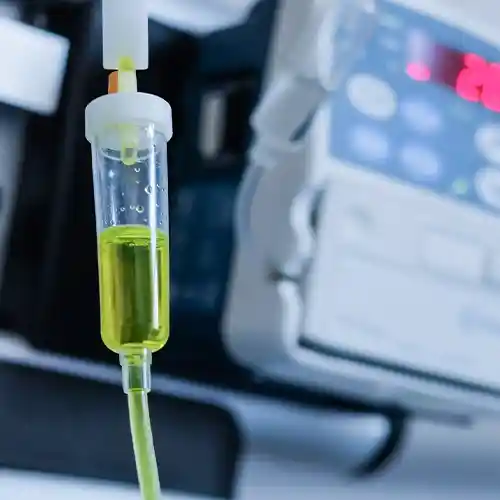Everything you need to know about CNC machining

What is CNC machining?
Computer Numerical Control machining (CNC), also called precision machining, plays an fundamental role in manufacturing mechanical parts.
Used in many industries, this manufacturing technology uses intelligent machine tools controlled by computer controls. CNC machining makes it possible to start from a raw part to high-precision custom parts produced in series.
CNC machining uses specialised software and a 3D model of the part to give detailed instructions to the machine tool regarding speed, movement, tool to be used, etc.
And what about micromachining? Micromachining is a partly automated process, ready for the Industry 4.0 era. This technology is used to create highly precise parts and produce small, medium-sized and large batches
What is CNC micromachining?
CNC micromachining is a combination between precision machining and traditional machining. CNC micromachining is generally used for very complex machining operations requiring extreme precision and very exact tolerances.
CNC machining and micromachining have the same approach.
The only difference is precision of each one:
- CNC machining usually involves removing layers of material from a raw part, e.g. through milling (CNC milling) and turning (CNC lathe turning).
- CNC micromachining requires “mini” tools with greater precision for parts with particular requirements.
Using mini tools makes it possible to perform very small micron-sized machining operations, sometimes almost invisible to the naked eye. Here at LGC Industries, we are experts in both CNC machining and micro machining.
Why choose CNC machining?
Precision machining is a important stage in the manufacturing process. It can be replaced by conventional machining methods, but CNC prototyping and manufacturing techniques offer a multitude of advantages:
- Precision: CNC machining makes it possible to produce parts with ultra-precise dimensions and tolerances.
- Flexibility: CNC machining is extremely versatile and can be adapted to a variety of materials. In addition, CNC technology enables us to make complex shapes that would be difficult to reproduce through conventional machining.
- Speed: as an Industry 4.0 technology, precision machining marries speed and efficiency to quickly manufacture flawless parts.
CNC's positive impact on industry
Before such technology was invented, manufacturing processes were mostly manual and required considerable physical work, making manufacturing processes difficult and laborious.
In 1952, precision machining was created thanks to Richard Kegg and his collaboration with MIT (Massachusetts Institute of Technology) on the first numerically controlled milling machine.
Between 1960 and 1980, the CNC machine tool and precision machining began taking shape thanks to digital technology making automatic production processes much more efficient. In the space of 25 years:
- Precision of the machines used in CNC machining improved significantly
- Programming became easier and more complete
- Manufacturing time decreased, improving manufacturer productivity at several stages of the production process.
Today, precision machining has become essential in industry thanks to its ability to meet dimensional tolerances for extremely rigorous sectors such as medical devices, aeronautics, arms and more.
How does LGC use CNC machining in its industrial manufacturing process?
This cutting-edge technology is perfectly in line with our strategy of continuous improvement regarding quality, efficiency, precision, production and customer satisfaction.
Thanks to precision machining, we can better satisfy our main goal: “Right the first time.”
We also combine precision machining with other other CNC machining processes at various stages of our production process to further improve precision, cost, quality and deadlines.
CNC lathe: an example of precision machining
CNC turning is a highly accurate machining process that works on the same principle as a traditional lathe. It involves placing the cutting tool against a rotating part to remove material, giving a particular shape to the part.
The CNC lathe rotates the part along two bars, while a pointed cutting tool comes into contact with the material in order to shape it. Computer programmes are used to control the centre of the CNC lathe, which allows for production of extremely precise components.

The difference between CNC turning and CNC milling
A lot of people confuse CNC milling and CNC turning. However, they are markedly different processes.
- In CNC milling, just like in most other CNC machining processes, the part is generally mounted on another support while a rotating tool shapes it.
- In CNC turning, it's the other way around: the part in question rotates while the tool for removing material remains stationary.
How CNC turning works:
- The rotation of the part being machined is controlled by the CNC lathe's spindle, allowing the user to choose a speed for optimal precision.
- The head moves to correctly position the part in relation to the cutting tool, guaranteeing precise cutting.
- The tool's cutting depth is accurately adjusted by the crosspiece.
- The cutting tool now moves in order to carry out the programmed machining operations.
Tapping
Combined tapping and CNC machining processes is a cost-effective, fast solution that is fully incorporated into LGC production methods, making it possible to obtain a series of threads. Examples of this process can be seen in our Intervis® slotted threaded inserts.
For CNC tapping, you need to adjust the CNC machining centre and programme it, making sure that all important factors are taken into account (depth, speed, etc.). Once the machine has been programmed, the batch can start being tapped - fully automatically.
Grooving via CNC machining
Combining grooving with CNC machining is a solution for automatically creating grooves on a part.
Grooves are furrows that are situated in parallel to each other on the part, usually lengthways. To create these grooves, the piece can go straight into the grooving machine after CNC machining.
The grooving machine must be programmed in advance when creating grooves. Some factors to take into consideration are:
- Positioning of the part
- Trajectory of the tool making the grooves
- Depth of the groove
- Rotation speed
- Speed of the tool.
Once the machine has been programmed, it can start producing grooves on a batch of parts. Here at LGC, we are experts on such automated processes.
Example of grooving: see our grooved pins.
Bar turning using CNC machines
Turning and CNC machining can be combined to automatically manufacture turned mechanical parts.
When using CNC machines for turning, the machine tool must be programmed in advance. When doing so, the following should be taken into consideration:
- How fast the main spindle rotates the material bar
- Positioning of the part
- Trajectory of the cutting tool
- Required turning depth
Once the machine has been programmed, it can begin a turning operation on a batch of parts.
Example of bar turning: see our turned pins.
What CNC machining brings to LGC
We are proud of our 85 years of expertise in the field of cylindrical fasteners. We do everything we can to help our clients, co-designing products adapted to their specific needs.
We can support you at each stage of your project and offer you personalised high-quality service.
Innovation and continuous improvement are an integral part of our core values. Constantly striving to offer the very best to our clients, we are experts in CNC machining, offering automated production that combines both speed and quality.
Should you have any questions or want to know more about our products and services, please do not hesitate to contact us.






.svg)
.svg)